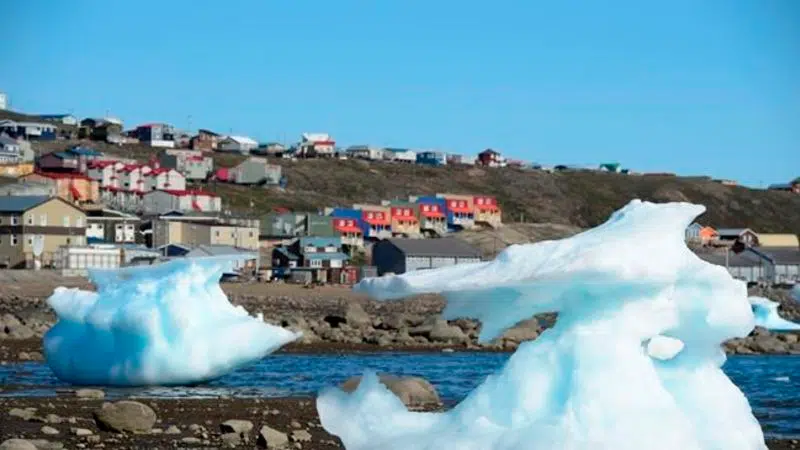
Justin Trudeau seeks to highlight climate policy in visit to Canada’s Far North
IQALUIT, Nunavut — Prime Minister Justin Trudeau injected a dose of electoral politics into an announcement Thursday in Canada’s Far North, taking aim at his Conservative rival while unveiling details on two marine protected areas.
Trudeau used the trip to showcase some of the most dramatic effects of climate change to promote the Liberal government’s record on climate action ahead of this fall’s federal election.
Later Thursday, he will also attend a nomination meeting for his party’s candidate in Nunavut.
Trudeau began the day by making an announcement about a now-finalized marine protected area near Arctic Bay — an Inuit hamlet on the northwest corner of Baffin Island — known as the Tallurutiup Imanga National Marine Conservation Area.
